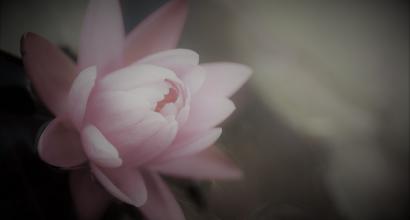महाकविवृष श्रीमन्
गमनं कुत्र तेऽधुना ?
कविलोककुटुम्बस्य
कामधेनो त्वदन्तिके ||
Śrīmadajjāḍa Ādibhaṭla Nārāyaṇa-dāsa was a very talented person from Andhra, who lived in the early 19th century. He was self-taught and well-versed in several art-forms. No one could match his expertise in music (vocal and instrumental), literature, dance, and knowledge of multiple languages and grammar. Āśukavitā and aṣṭāvadhāna were like a piece of cake to him. He was one of the founding fathers of the harikathā tradition. He had a phenomenal memory and was also known for his vitriolic words and jibes. The Wodeyar (King) of Mysore felicitated him with the title ‘Abhinava-Tyāgarāja’. But Nārāyaṇa-dāsa had turned it down saying ‘How can Tyāgarāja be my equal? I am a ‘Bhūloka-Gandharva’ (a celestial musician on earth)’. Such was his pride.
Ānandagajapati, the king of Pīṭhāpura in Andhra, was a great scholar and an expert in grammar. Once, the King happened to meet Nārāyaṇa-dāsa. The King was amazed by his handsome physique and his pride as a scholar. He addressed Nārāyaṇa-dāsa in a light-hearted manner –
‘Mahākavi-vṛṣabha, where are you headed?’
(‘Vṛṣabha’ means a bull. It is used as a suffix to a person’s name to show respect. However, there is also a subtle taunt in the King’s words. He is trying to hint that Nārāyaṇa-dāsa is thick-skinned and impetuous like an untamed bull)
Nārāyaṇa-dāsa immediately retorted:
‘I am coming towards you, the Kāmadhenu of the world of poets’.
Here, Kāmadhenu is a praise for the King – he is like the wish-fulfilling cow to the world of poets. There is another hidden taunt here: Nārāyaṇa-dāsa hints that the king, too, belongs to the species of cows. The King is a like cow who can be overpowered by a bull like him. The feminine nature of the King is also suggested.
The King only lost face by trying to poke fun at a great poet.
Adapted from the original Kannada by Arjun Bharadwaj






































